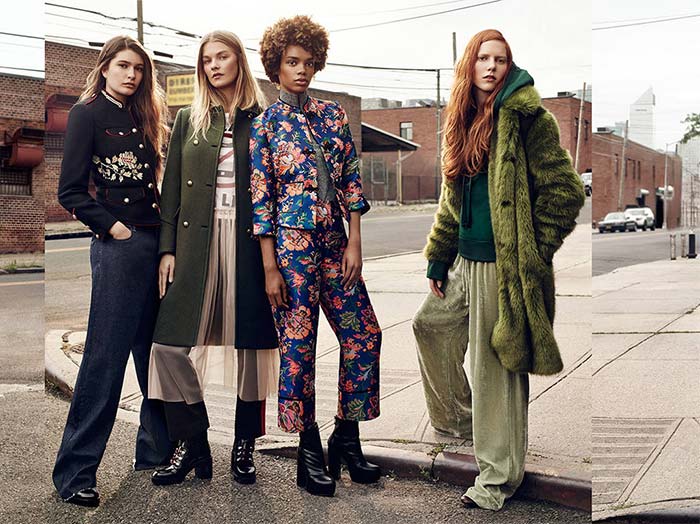Great news for those who love clothes. Spain’s most famous fashion chain Zara, will start online sales in Thailand on March 28.
Customers in Singapore and Malaysia were granted the option to shop online earlier this month, and the service will extend to Thailand and Vietnam in the next few weeks, and India in the second half of this year.
A pop-up note on Zara’s mobile application informed Thai customers of the upcoming online sales. Coconuts found that the option to browse products is currently inaccessible. This could mean a big improve of the app is coming our way!
Inditex, Zara’s parent company, is one of the world’s largest fashion retailers. They said in a statement that their bottom-line profit rose by 10 percent to EUR3.16 billion (THB118.9 billion) last year.
The company — whose brands include Zara, Massimo Dutti, Pull&Bear, Bershka and Oysho — beat its main rival, Sweden’s H&M, which showed a net profit of around THB75 billion in 2016.
The company said that it opened 279 new stores in its business year, which runs from February to January, bringing the total number of stores worldwide to nearly 7,300 in 93 countries.
It entered five new markets — New Zealand, Vietnam, Paraguay, Nicaragua and Aruba — and continued to launch new online sales platforms in markets around the world.
Inditex said it expects a similar rate of new store openings in 2017, as in past years, and would continue its strategy of opening flagship stores in top shopping districts and absorbing its own small outlets into nearby big stores.
The company said it will open a 5,000 square-metre flagship Zara store in Mumbai, which will be its largest store in India. Inditex has 21 stores in that market.
It also plans to open newly refurbished stores in iconic locations in Paris and London next year.
Based in Arteixo, a small town in northwest of Spain, Inditex makes over half of its clothes in factories close to its main markets — in Spain, Portugal, North Africa, Turkey and Eastern Europe.
This business model allows it to get clothes to stores much faster than its rivals, who prioritize low-production costs and outsource manufacturing to China, and can react more quickly to shifting consumer tastes and avoid excess inventory.
Clothes made for Zara, for instance, can go from the design stage to store racks in a mere two weeks. By comparison the process takes H&M six months.
Shop assistants report customer reactions to their managers, who then provide feedback to designers.
Inditex created nearly 9,600 new jobs in 2016, boosting its worldwide headcount to close to 162,500.
Story: Coconuts Bangkok/ AFP




